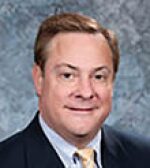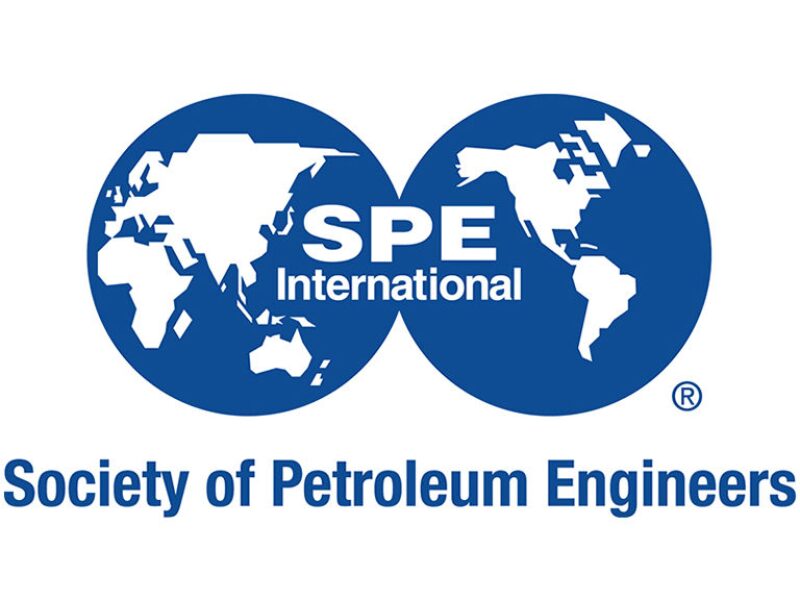When oil prices began to fall rapidly in the last half of 2014, the impact was quickly felt in all of SPE’s programs. Our magazines were affected first by a reduction in advertising as companies reduced their marketing budgets. Training course attendance was next as companies cut back training and travel. Conference and workshop participation declined as travel was constrained, and technical programs for conferences were affected as authors were unable to present their papers. Participation in exhibitions held up for a while as many companies honored commitments that had already been made, but subsequent rebooking of exhibits declined. It quickly became apparent that all of SPE’s main programs were going to be suppressed as long as prices remained low and would likely trail the recovery of prices on the way out of the downturn.
Understanding that SPE could not continue to operate in a business-as-usual fashion, the Board of Directors and senior staff began examining the impact to SPE and options for adjusting operations to the downturn. SPE is very fortunate to have financial reserves to smooth the impacts of the economic fluctuations common to our industry. During the years of high prices, we were able to build a reserve fund and invest it to see us through harder times. As it became clear that the industry was facing a “lower for longer” situation, we recognized that we needed to adjust our operations to fit industry conditions.
When oil prices were high, SPE initiated a number of new member programs. One of our first steps was to examine these newer programs to determine whether they could be paused until conditions improved, or reduced in some manner to improve their economics. This effort quickly spread to longer-standing programs as well. Changes made to PetroBowl are an example of the type of action taken by the Board. The program had grown the number of teams involved, and SPE was covering the travel costs for many teams to attend the finals during ATCE. The costs had increased significantly. The Board modified the way in which regional teams are selected for the finals at ATCE and reduced the costs being borne by SPE for this popular program.
While a few member programs have been reduced or modified, the essential services we provide to members are unchanged.
On the events side, industry layoffs affected many of the volunteers who plan our events, putting more work in the hands of staff. SPE reduced the number of workshops and forums, and reduced or eliminated the exhibits at some smaller conferences. Larger conferences may have had smaller exhibitions, but SPE made every effort to give the exhibitors good exposure to attendees and tailor the venues to the expected level of activity. Staff worked to reduce costs associated with putting on events without negatively affecting the experience of attendees.
As we worked to reduce expenses, it was necessary to make some very painful decisions about one of our largest expenses—SPE staff. During previous industry downturns, SPE had managed without a layoff. But the growth over the previous decade and the rapid decline left us with no choice but to undertake a reduction in force. Over the course of 2015 and 2016, we reduced staff by 32%. This brought SPE’s staffing back to 2009 levels.
We have reviewed every SPE program and reduced or eliminated many that are not essential to SPE’s mission. Throughout this process, our focus wasn’t solely on cutting back. Even as we were trying to reduce costs to better align with economic conditions, we launched our Members in Transition toolkit, increased online webinars, offered free attendance days at many of our large events, and sought other ways to help members affected by the downturn. Our competency management tool helps engineers at all career stages focus on how they can improve their skills.
During SPE’s 2017 fiscal year (1 April 2016–31 March 2017), revenue was 46% less than during fiscal year 2014 (the last fiscal year before prices began to fall). SPE ended fiscal year 2017 with a loss of USD 8.4 million. In March, the Board approved a breakeven fiscal year 2018 budget. With prices stabilizing somewhat and a renewed sense of optimism in many parts of the industry, we believe we are on the road to improved financial health.
We have downsized in areas, but we’re seeing the positive effects of doing so. SPE’s portfolio of conferences and workshops has shrunk from 160 globally in 2014 to an estimated 110 for this year, to better match demand. We’re seeing a slight upward improvement in workshop attendance. We are offering fewer training courses, but the average attendance has started to move upward. While a few member programs have been reduced or modified, the essential services we provide to members are unchanged. JPT is a bit thinner than it used to be, but the technology you count on is still there. The new online format for JPT offers additional content that can’t be included in the print version. OnePetro and PetroWiki are still valuable resources for members. Technical sections, SPE Connect, and local section meetings remain great places to network. Through the downturn, we have had to make many difficult tradeoffs, but they were necessary to keep SPE strong. Throughout, we have been guided by our mission and ensuring that SPE is as able to serve and benefit our future members as we have the loyal members that have been with us for many years. In good times and bad, SPE is here for you.

Steve Byrne is SPE’s chief financial officer and director of business services, responsible for global financial reporting and consolidation of SPE; treasury and investment services; facilities management; and coordination of the global audit and consolidation of all SPE legal entities. Before joining SPE, Byrne was controller for ThinkSpark, an Oracle database and consulting firm. Prior to ThinkSpark, he worked for Arco for 16 years where he held various financial and tax positions in US operations as well as in the international division. He received his BBA degree in accounting and finance from Texas A&M University and is a certified public accountant.

